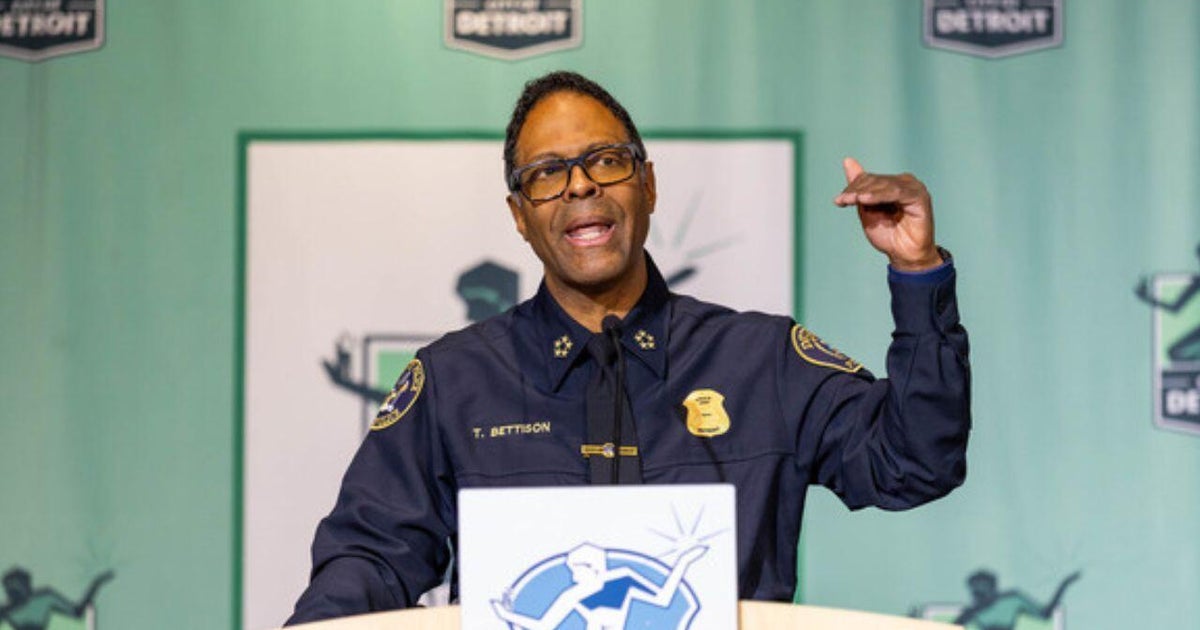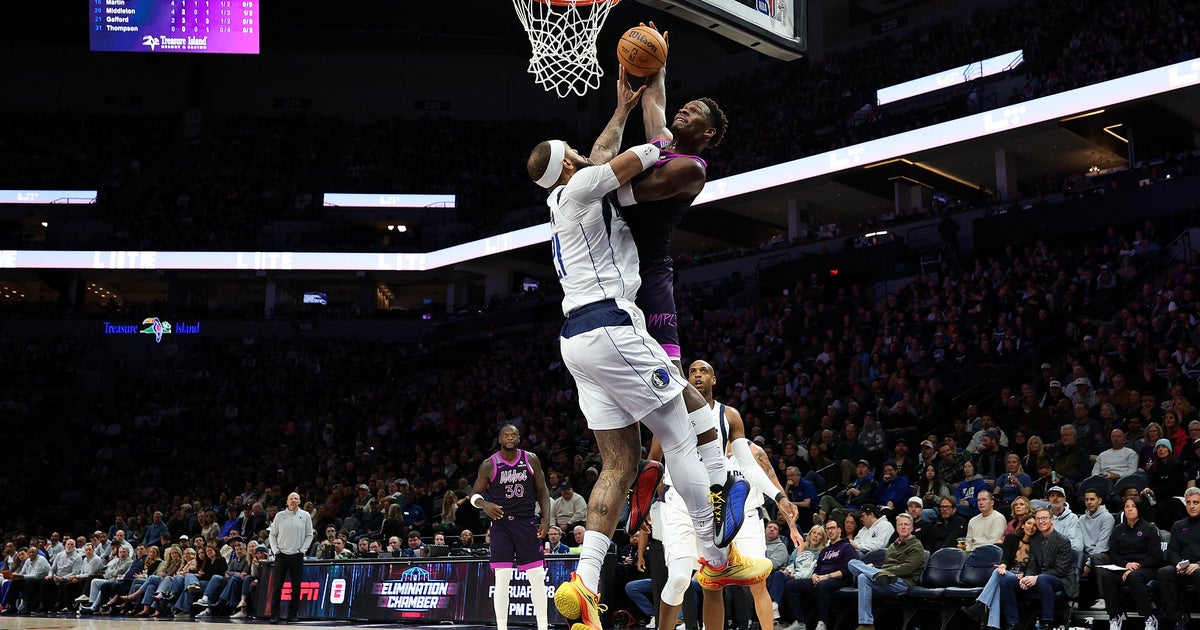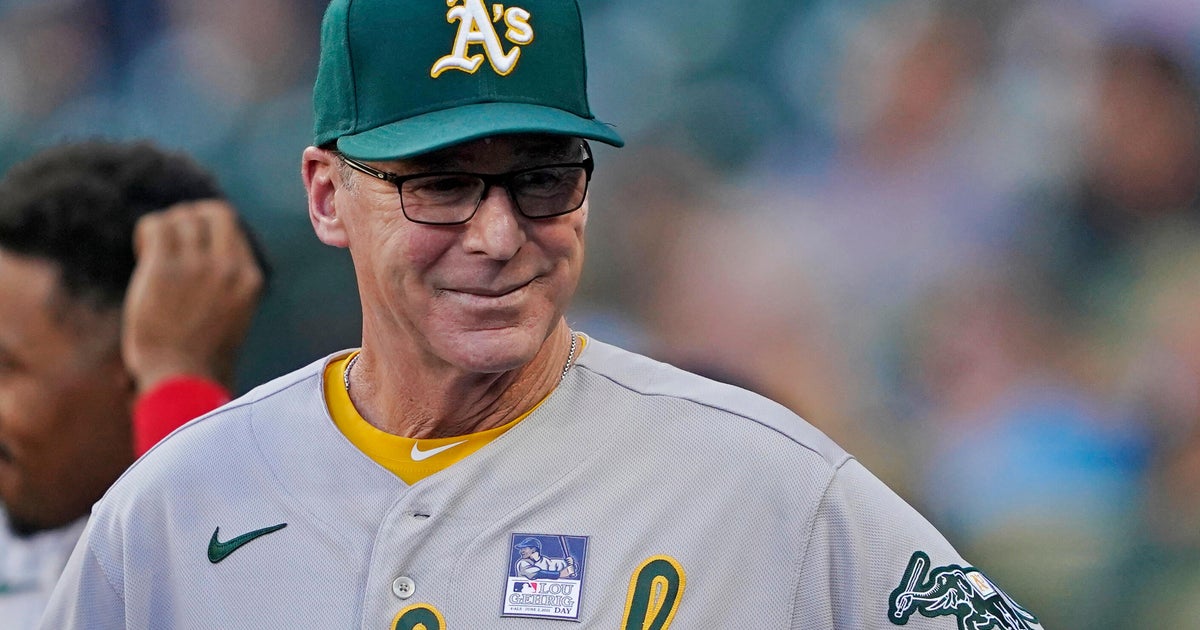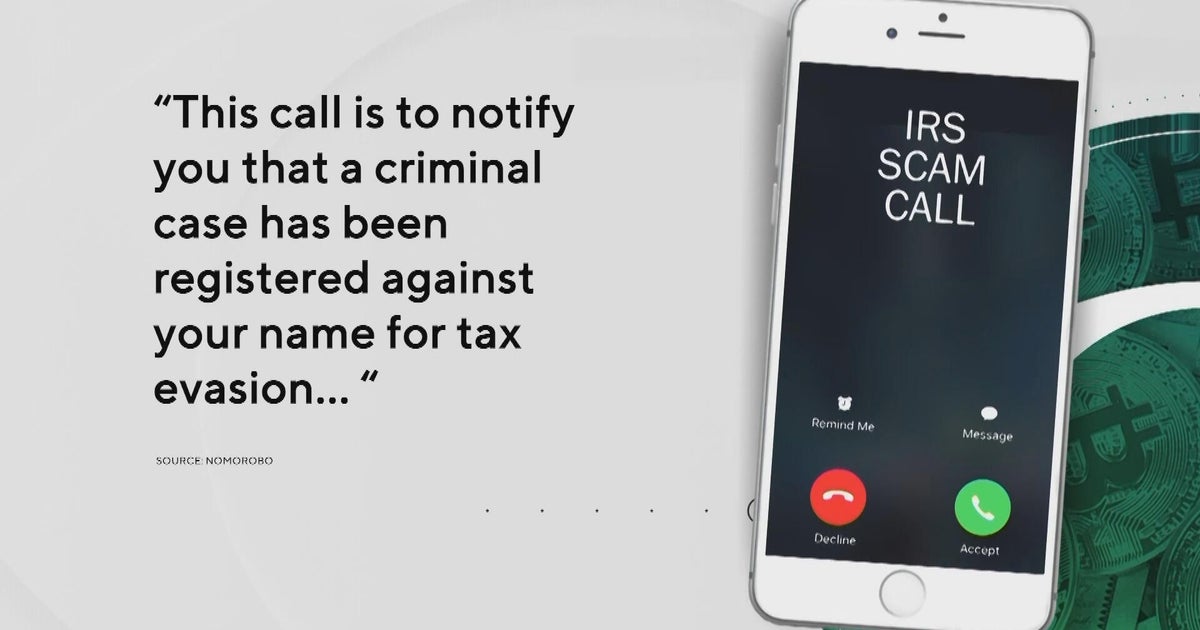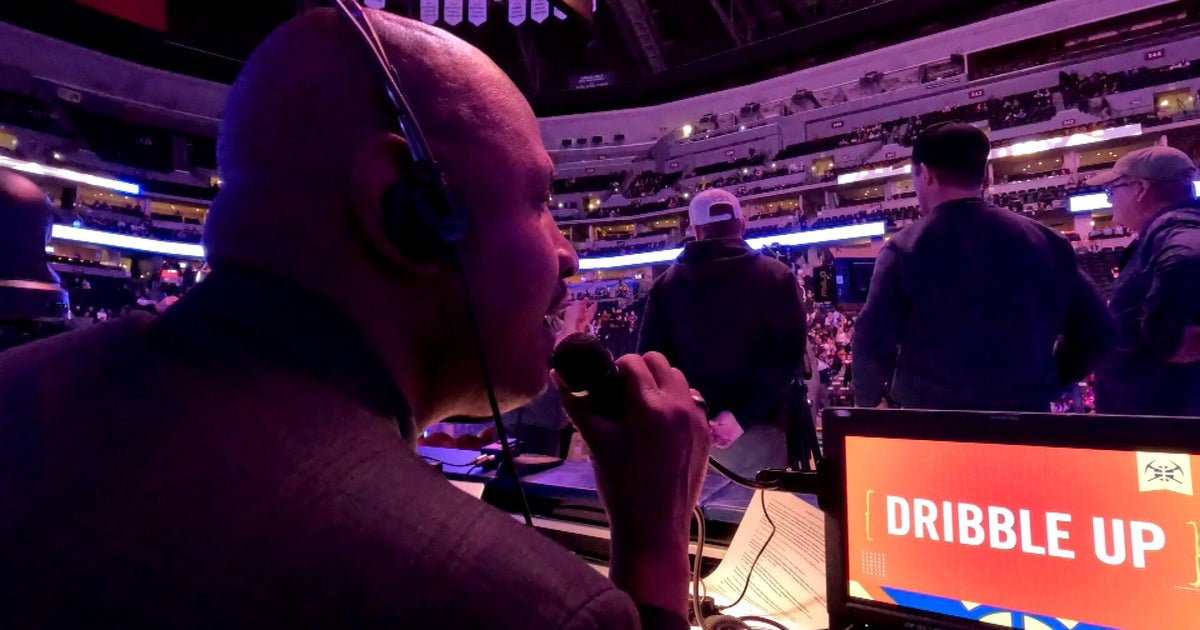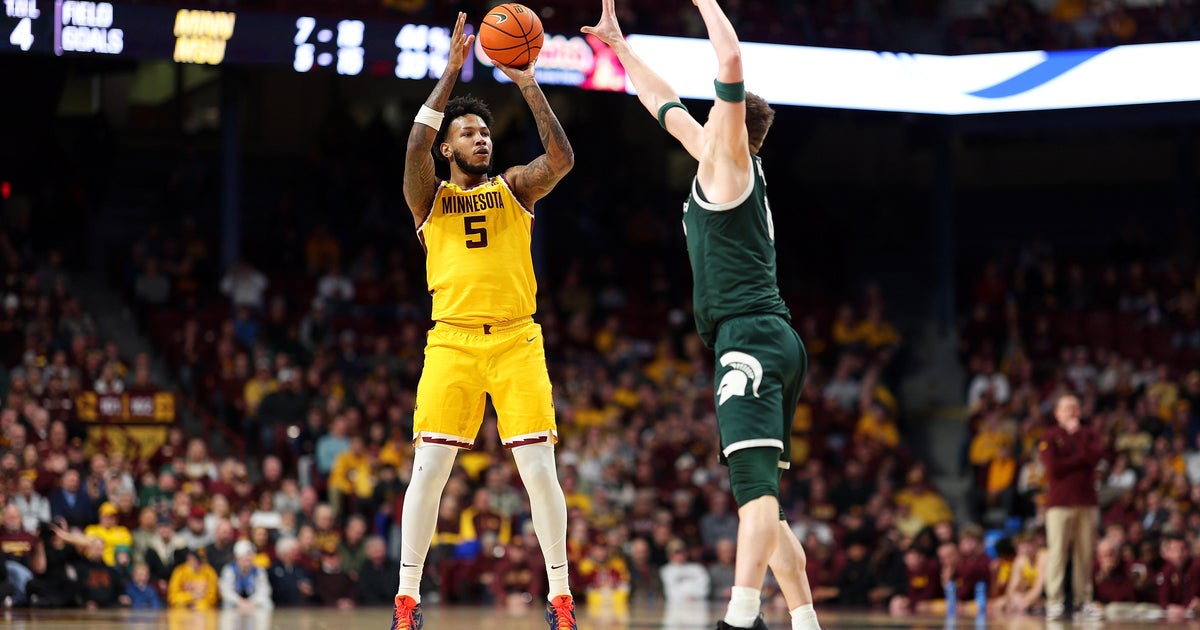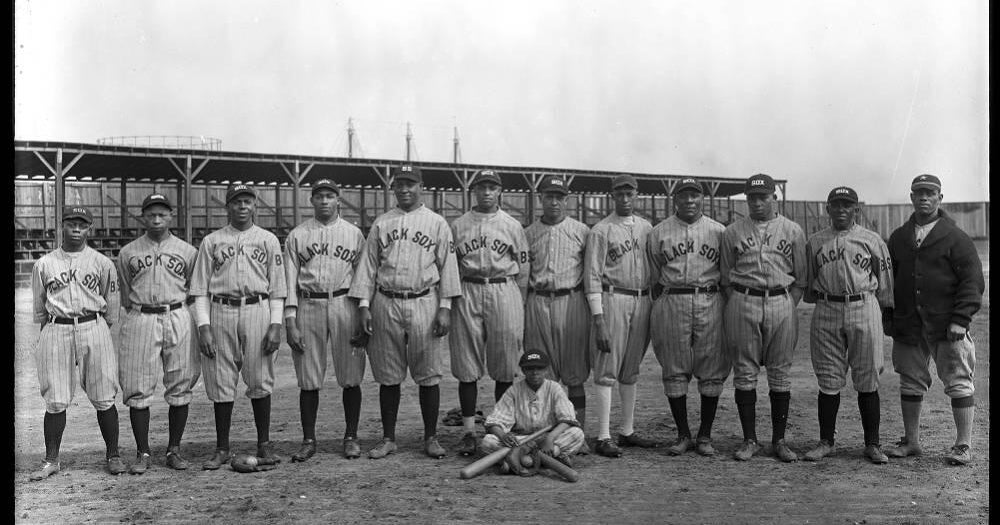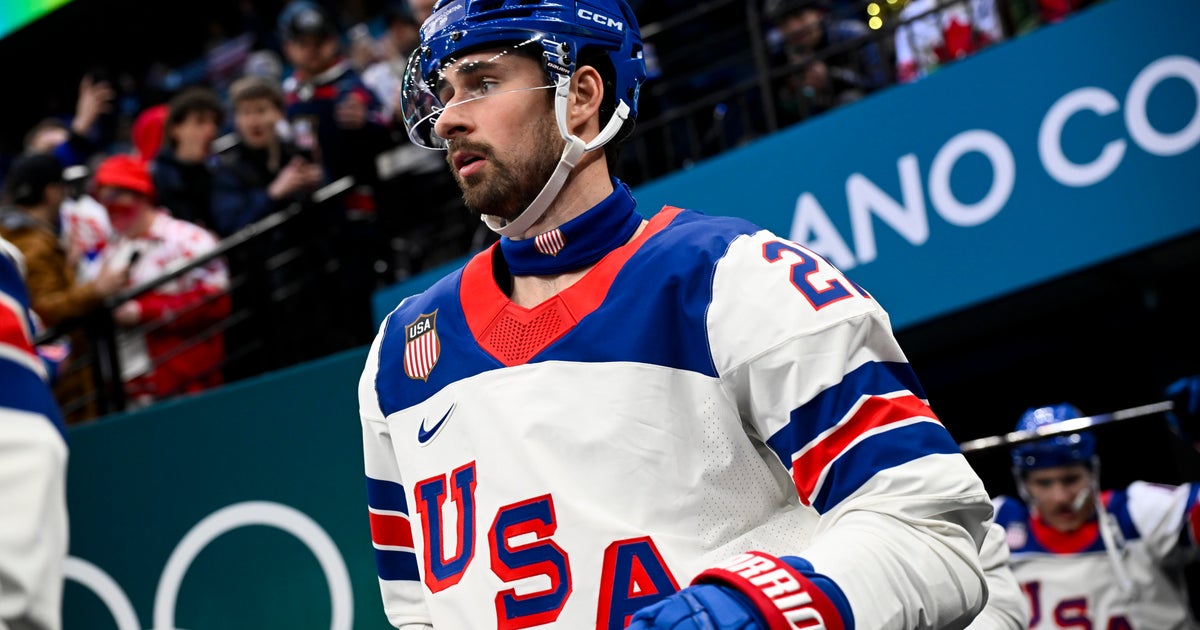Roger Goodell Evades Specifics When Asked About PSI Violations, Tom Brady's Suspension
By Michael Hurley, CBS Boston
BOSTON (CBS) -- Roger Goodell spoke for nearly an hour on Friday afternoon in San Francisco, but other than some prepared PR points, the NFL commissioner said very little.
Most questions asked of the commissioner were essentially layups to give Goodell the opportunity to speak at length about the great strides the league continues to make, the ever-increasing revenue, games in Mexico and London, and the continued progress made in trying to keep players safe.
In short, it was exactly what anybody should have expected.
In the rare instances when Goodell was asked an uncomfortable question or two, he managed to evade answering anything specifically.
CSNNE's Tom Curran asked, in light of comments this week from Goodell that "no violations" were found in the NFL's random "spot checks" of PSI throughout the season, what exactly constitutes a violation. The question stems from the fact that science dictates that the air pressure in footballs would naturally decrease in different atmospheric conditions, much like they did last January in Foxboro when the saga known as "DeflateGate" was born. Further, ESPN reported prior to the Vikings' home playoff game that the NFL was concerned about the footballs dropping below 12.5 PSI, due to the frigid weather.
So, the question is simple: If a football is found to be under 12.5 PSI at halftime, would that constitute a violation? Or does the NFL now acknowledge science?
The answer was vintage Goodell.
"Sure. Tom. A couple of things," Goodell began his filibuster. "One as you know, at the beginning of the season we made changes to our protocols of how we were going to manage the footballs, from the moment they were taken into the stadium to the moment right after the game. We have implemented that."
Got it.
On the random checks, Goodell said, "we will look at that type of procedure and make sure there is no violation."
Right. Of course.
"We don't disclose all the specifics of that because it's meant as a deterrent," Goodell said of the random testing of footballs. "It's a deterrent when [teams] think that game may be checked."
OK?
"It's also important that the data that was collected was not for research," Goodell said, directly conflicting what VP of officiating Dean Blandino said on Wednesday. "Data was collected just to see if there was a violation. Our people never found a violation, no accusations of a violation. We feel the rule was followed."
Collecting data for the sake of collecting data, but not to analyze it or learn from it. That is what the NFL did, according to the commissioner.
Notice, he's still yet to answer the simple question of what constitutes a violation.
Goodell then spoke highly of the "independent" research that was bought and paid for by Ted Wells, who himself was paid millions by the NFL and whose "independence" was thoroughly disproven by his own testimony at Tom Brady's appeal hearing and by a federal judge.
Later, Goodell was asked if the league will reinstate the four-game suspension to Brady if the NFL wins in appeals court.
"This is not the individual player issue. This is about the rights that we negotiated in the collective bargaining agreement," Goodell said, not answering the question. "We think they're very clear, we think they're important to the league going forward, and we disagree with the district judge's decision."
As to the simple question of whether the league will re-apply the punishment to Brady which it already administered once and upheld after a day-long appeal hearing, Goodell would not say.
"We're appealing, I'm not going to speculate what we do depending on the outcome," Goodell said. "We'll let the outcome be dictated by the appeals court. We'll deal with it then."
In a scene that showed the commissioner must have a dry sense of humor, he was asked why the NFL was not pursuing allegations of HGH use by Peyton Manning with the same "public gusto" of the "DeflateGate" hunt.
"Tom, we are," Goodell said with a straight face. "We take every violation of policies and procedures, particularly safety, very seriously."
Goodell then said the league was cooperating with other leagues and organizations investigating the situation, and that the NFL has not launched its own "independent" investigation, thus proving that the league is not pursuing the allegations with the same "public gusto" as it did Brady potentially playing with footballs with air pressure slightly lower than normal.
Goodell was also asked about players who have decided to retire at early ages, something that is becoming a bit of a trend. Despite the reporter citing numerous examples of young players walking away from the game earlier than most players did as recently as five or 10 years ago, Goodell said he disagreed with the premise of the question.
There was Goodell, strongly asserting one thing in the face of contradictory facts. It's becoming a regular tradition.
You can email Michael Hurley or find him on Twitter @michaelFhurley.
